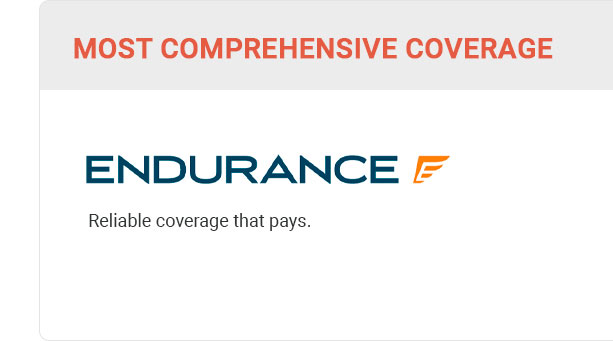 |
 |
 |
 |
 |
 |
 |
 |
 |
 |
|||
 |
 |
|||
 |
 |
|||
 |
 |
|
|||||||
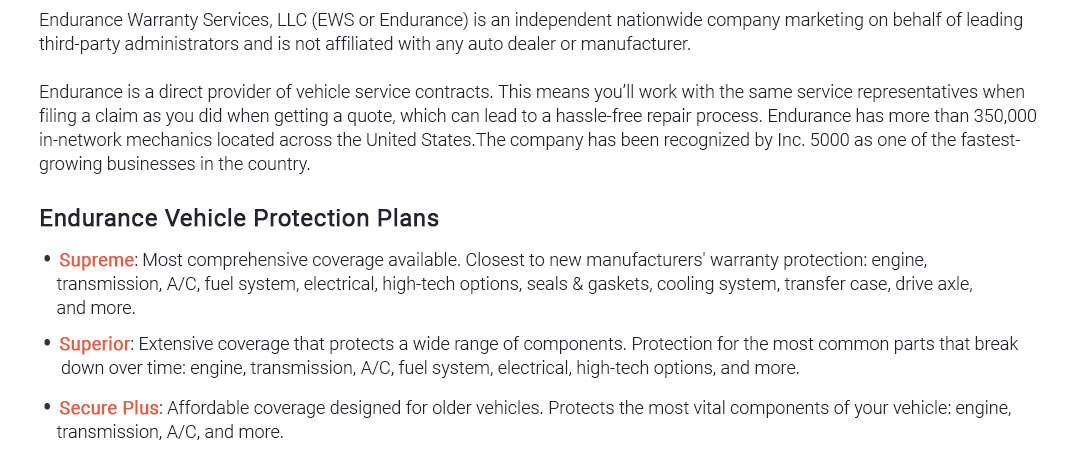 |
|||||||
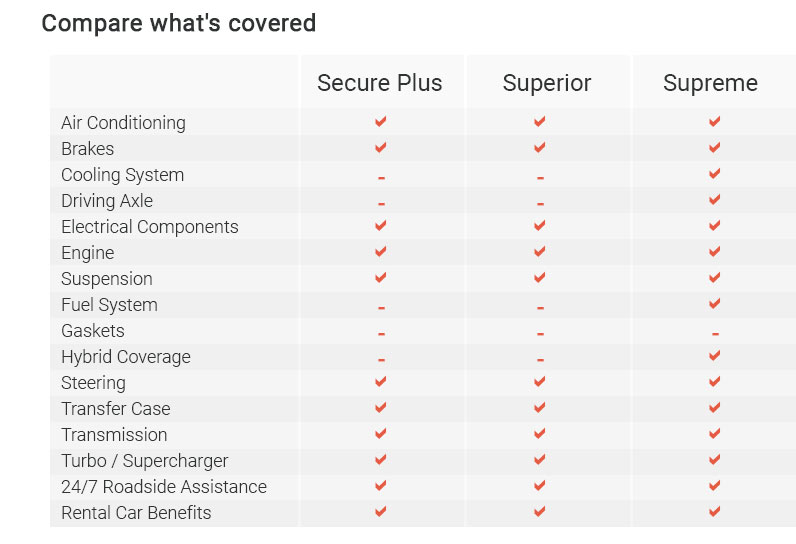 |
|||||||
 |
|||||||
 |
|||||||
|
|||||||
|
||||||
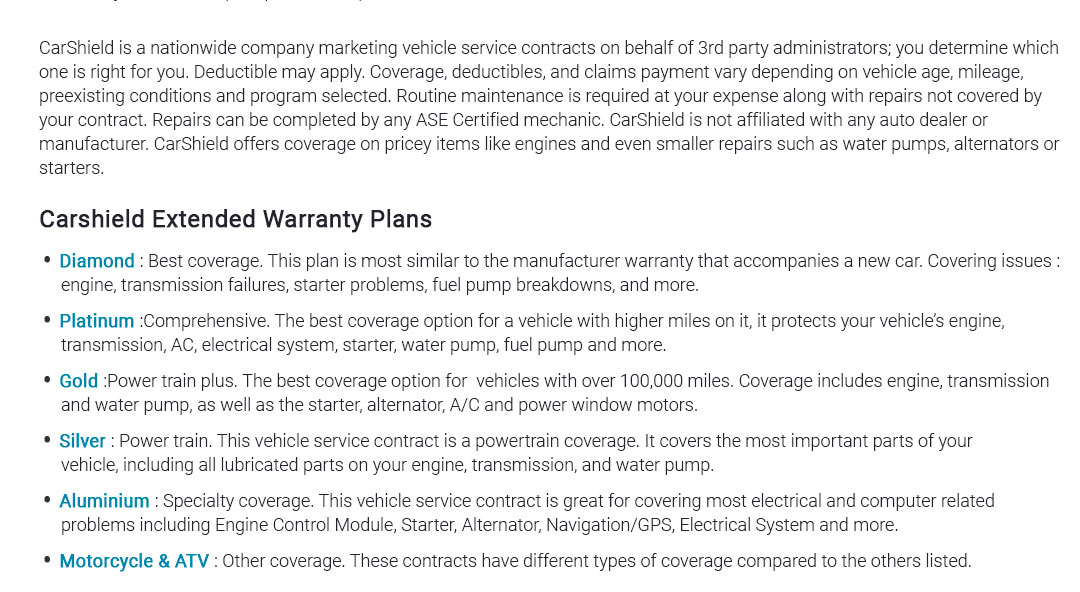 |
||||||
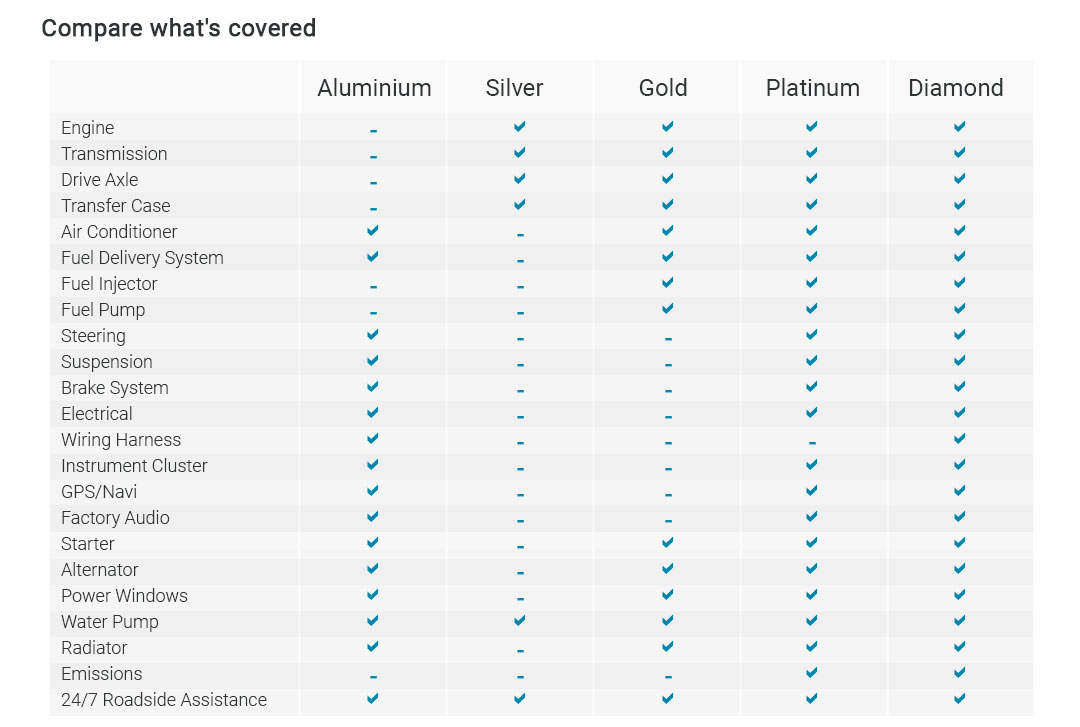 |
||||||
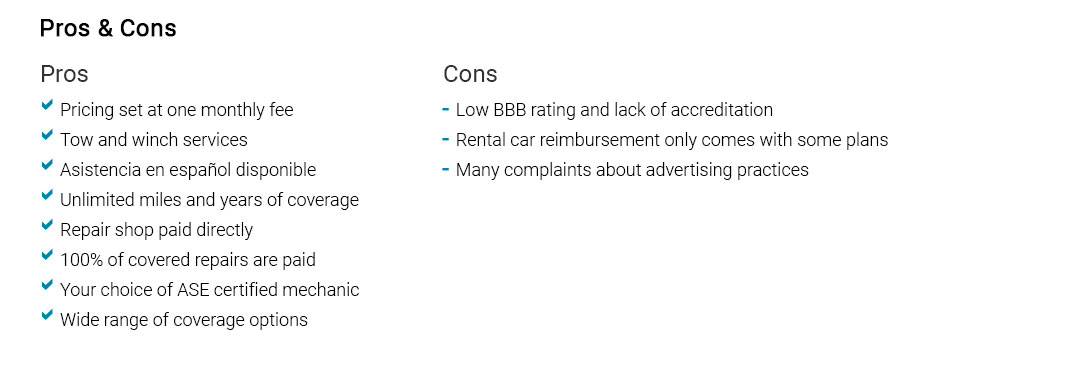 |
||||||
|
 |
 |
 |
 |
 |
 |
 |
|||
 |
 |
|||
 |
 |
The Comprehensive Guide to Route 66 Extended Warranty CostsIn the ever-evolving landscape of vehicle ownership, one element that often emerges as a topic of discussion is the extended warranty, with Route 66 being a notable provider in this domain. Understanding the nuances of Route 66 extended warranty costs is essential for any car owner seeking to safeguard their investment. This guide aims to demystify the cost structure and benefits of Route 66's offerings, presenting a balanced view that merges facts with subtle insights. When contemplating the purchase of an extended warranty, the first question that springs to mind is often about cost. Route 66 warranties are known for their comprehensive coverage options, which can vary significantly in price based on several factors. These include the make, model, and age of the vehicle, as well as the specific coverage plan selected. Generally speaking, newer vehicles tend to have lower warranty costs compared to older models, as they are perceived to be less prone to mechanical failures. The pricing structure of Route 66 extended warranties is designed to be both competitive and flexible. While it might seem daunting at first, these warranties are often a wise investment, potentially saving car owners thousands of dollars in the long run by covering expensive repairs. It's important to note that Route 66 offers a variety of plans tailored to different needs, ranging from basic powertrain coverage to more extensive plans that encompass nearly every aspect of the vehicle.
Critics might argue that extended warranties are an unnecessary expense, particularly for those with reliable vehicles. However, proponents highlight the unpredictability of vehicle repairs and the financial burden they can impose. Route 66's extended warranties offer a buffer against these unexpected costs, making them an attractive option for cautious consumers. In conclusion, while Route 66 extended warranty costs can vary, the investment can be justified by the potential savings on costly repairs. Each plan is designed to cater to different needs, ensuring that there is an option for everyone. As with any financial decision, it is crucial to weigh the benefits against the costs, considering both the current state of your vehicle and your long-term financial plans. With a Route 66 warranty, you gain not just coverage, but a partner in your vehicle ownership journey, providing a sense of security that is often invaluable in the world of automotive maintenance. https://www.bestfinancialcu.org/custom/fi/communityschoolscu/fb/disclosure/Route_66_VSC_Deskmat.pdf
ROUTE 66 EXTENDED WARRANTY. BE PREPARED FOR THE UNEXPECTED. A/C Compressor ... https://gucu.org/docs/default-source/default-document-library/extended-warranty-2018b859c79a-5c09-42fc-a7fa-762e823e5b2c.pdf?Status=Master&sfvrsn=a6d83b2d_3
See contract for complete listing. OPTIONAL EEP COVERAGE ($150 ADDITIONAL COST): GPS / Navigation Components, Key Fob repair or replacement with exchange, ...
|



